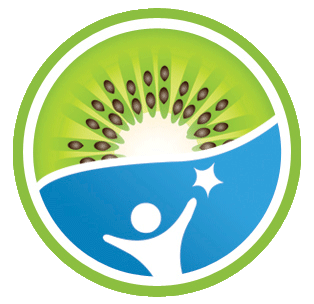In this post, we discuss National Eating Disorders Association Week by a Pediatric Registered Dietitian. Every year in February, the National Eating Disorders Association (NEDA) promotes National Eating Disorder Awareness Week (NEDAWeek) to inform the public about eating disorders (ED) and what resources are available to support individuals who have them. This year, the theme is “See the Change, Be the Change,” encouraging people to recognize the signs of EDs and to fight for increased research and access to treatment. In this post, we have described three key facts about EDs to help raise awareness of the condition.
EDs have increased during the COVID-19 pandemic
The COVID-19 pandemic has been difficult for many people’s mental health, and our children are no different. Additionally, the emphasis on “dropping the quarantine weight gain” may have promoted unhealthy eating behaviors. Since the beginning of the pandemic in March 2020, the NEDA helpline has experienced a 107% increase in calls (NEDA, 2022). Has your child developed a new interest in healthy eating during the pandemic that may have been taken too far?
EDs don’t occur in any one type of person
Traditionally, EDs have been thought of as an illness that only affects middle to upper-class white females. However, EDs can occur in any person, no matter their race, ethnicity, gender identity, sexual orientation, or socioeconomic status.
Additionally, you cannot tell whether someone has an ED-based on their size. People in larger bodies also suffer from EDs, and their experience is no less valid than a person in a thinner body. If your child is exhibiting disordered eating behaviors while remaining at a higher weight, they still need support.
There is hope for eating disorder treatment
Overcoming an ED can seem impossible, but your child and family do not have to pursue recovery alone. Communities like NEDA offer many free resources to help your family navigate treatment. Also, your primary care physician can offer referrals to local resources within your community.
If you suspect your child may have an ED, you will need to form a treatment team to address all aspects of the illness. A typical treatment team includes a physician, a therapist, and a dietitian. Other team members could include an ED recovery coach, an occupational therapist, or a coach or trainer. At Feed to Succeed, we have several adolescent sports and eating disorder dietitians who can provide nutrition support to athletes and non-athletes with EDs. Contact us to schedule an appointment!
References: https://www.nationaleatingdisorders.org/get-involved/nedawareness Visit https://www.nationaleatingdisorders.org/ for free resources and information about eating disorders.


